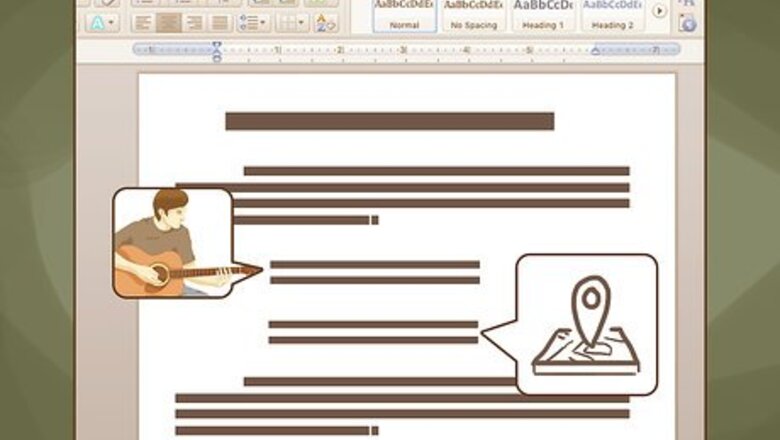
views
X
Research source
Outlining Basic Terms
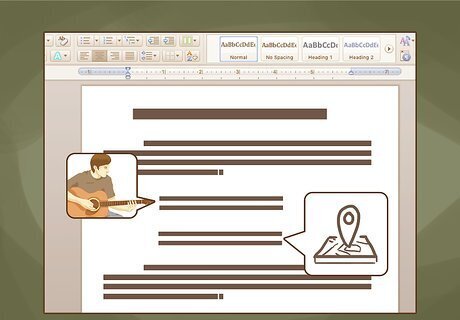
Identify the artist and venue. Your performance agreement should include the name and contact information of the artist you're engaging to perform as well as the name and address of the venue at which their performance is scheduled. Since ideally you want to use the same performance agreement for multiple artists, you can make blank lines for the artist's name and contact information and fill them in for each act. If the artist is a band, you may want to indicate the number of band members. However, you don't necessarily need to include the name of every band member. You also should identify the artist's agent or manager, if applicable. If you operate more than one venue, create blanks to fill in for those as well. Otherwise, type in the name of the venue and its address. Make sure you include the business name if it differs from the venue name.
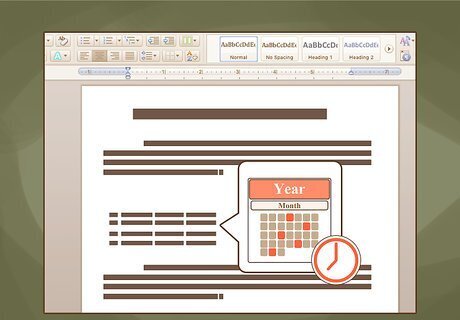
Establish the dates of the performance. Unlike other contracts that engage someone's services for a specific term, or length of time, a performance agreement engages an artist to perform only on a specific date during set hours. If you've signed the artist to perform on multiple dates, you can list them together if the performances will all be at the same time. For performances on different dates and times, you may want to list them separately. As far as time, include the time the artist's show is scheduled to start. If the artist is expected to arrive at the venue earlier, you should indicate that as well. Provide a specific time when the artist must arrive at the venue. You also may want to include the length of the performance. If the artist is expected to perform two shows on the same night with a break between, specify the lengths of each show and the length of the break.
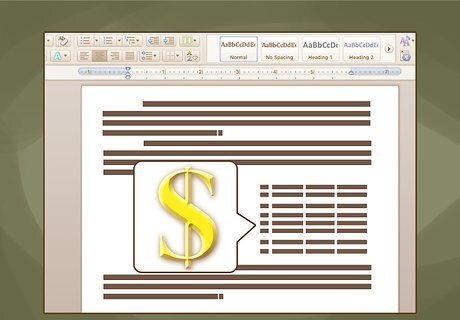
Describe the artist's compensation. Here you will explain the amount the artist will be paid (if you're paying a flat fee), or how the artist's compensation will be computed (if you're paying a percentage of the door). For flat fee payments, indicate how much of the fee will be paid up front and at the conclusion of the show. Designate how and when the artist will be paid, and to whom the payment will be delivered. For payments based on a percentage of the door, include a provision allowing the artist or the artist's agent or manager to review ticket sales and venue books to confirm the rate and amount paid are correct.
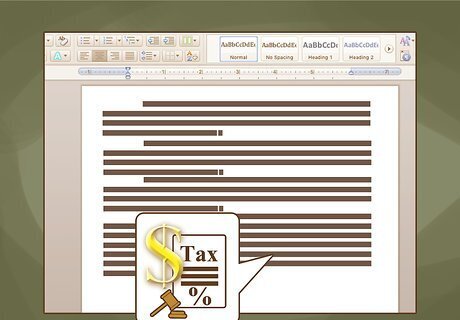
Include an independent contractor clause. For tax and employment law purposes, your performance agreement must include a clause stating that the artist is an independent contractor and not an employee of the venue. You can find standard language for this clause by searching for samples or templates of performance agreements online. Generally, the clause should state that the artist is not an employee under federal employment law or for tax purposes, and that the artist is responsible for any and all federal and state taxes owed on the income as an independent contractor.

List the legitimate reasons for cancellation. You will want to include specific reasons for which either the artist or the venue can cancel the performance without entailing liability or penalties for breach of contract. Typically a performance agreement allows an artist to cancel the contract due to sickness, injury, or an unavoidable travel delay that keeps them from being able to perform. Both the artist and the venue can cancel the contract as the result of a "force majeure," which applies to incidents beyond anyone's control such as natural disasters. You may want to include a provision allowing either party to cancel the performance with reasonable written notice to the other – typically 30 days' notice. These clauses are especially beneficial if you're entering the agreement several months before the date of the show. This recognizes the fact that anything can happen within such a long period of time. If the artist cancels the show because of illness or other reason other than a "force majeure," you may want to include an option for you to request proof.
Establishing Artist Responsibilities
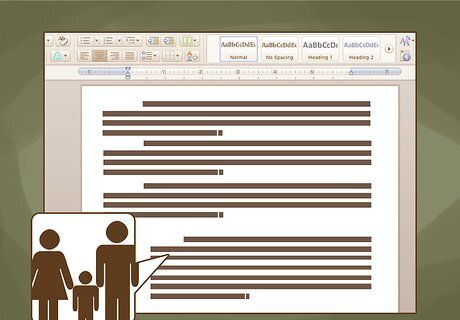
Address the content of the performance. Depending on the type of venue, you may want to have some sort of review or approval over the set list for the artist's performance. If so, this should be stated up front in the performance agreement. For example, if the artist will be playing an all-ages show, you may want to make surety content is acceptable for minors. If you plan to exercise no control or review over the show, include a line that the content of the show is the exclusive choice of the artist, subject to the venue's rules and regulations.
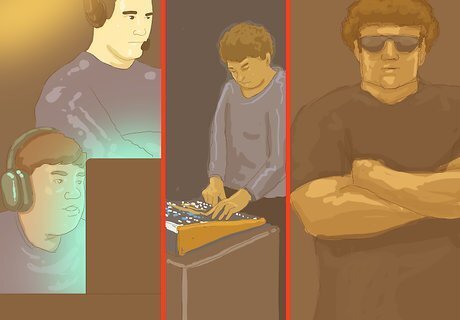
List any support services to be provided by the artist. If the artist is responsible for hiring or bringing their own crew or technicians, say so in the performance agreement, along with any other support not provided by the venue, to avoid any confusion. Typically the artist must bring their own crew for any particular gear or stage effects that are unique to their performance. Include any registration or check-in requirements for crew, to avoid potential security issues. If the artist is bringing their own crew, you may want to indicate here the plans for any sound checks or time for set-up before the performance.
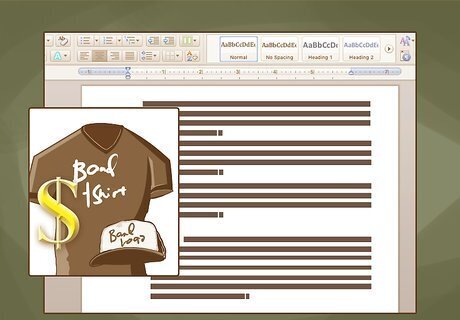
Discuss the artist's right to sell merchandise. Artists often depend on their ability to sell merch at their performances and make a significant portion of their income on the road. Describe any facilities that will be made available to the artist for this purpose. Specify where a table will be located for the artist's merchandise, as well as the size of the table and the general size of the area for any displays. If merchandise sales are restricted to specific hours, include the time restrictions here. Sometimes venues agree to continue to sell artist merchandise after the show is over. For example, you may retain copies of the artist's album to sell by the cash register. If you plan on retaining any merch to sell, the performance agreement should state whether the artist will be paid up front for those items or receive an additional check from sales.
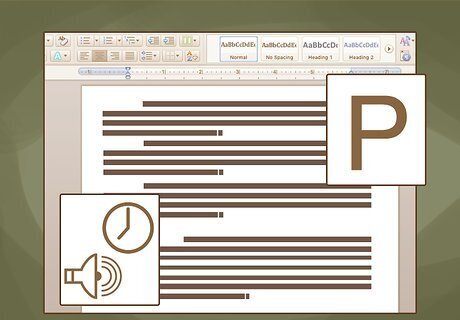
Include any additional responsibilities. This section includes any rules or regulations that apply to the venue, or to the particular event for which you've engaged the artist. Some restrictions may alter or impact the artist's performance, so they should be known in advance. Depending on the location of the venue, there may be noise regulations that apply after a certain hour. If these regulations could potentially affect the artist's performance, they should be included in the performance agreement. You also may want to include information here about parking and loading zones. Particularly if you have a small venue on a busy street, the artist will need to know where they can unload their gear. Additionally, if you want the artist to park in an employee or other parking lot, rather than the customer lot, include this information in the performance agreement.
Defining Venue Duties
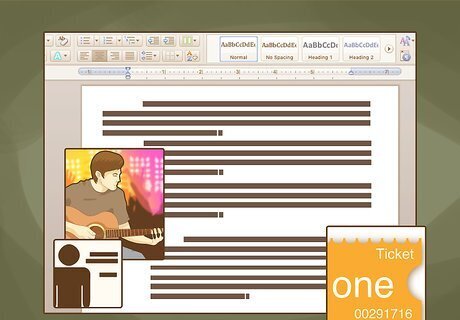
Address marketing and promotion of the performance. The artist has an intellectual property right in their name and likeness, and must license this right to the venue so it can promote the performance in local media. The venue typically is responsible for all promotion of the event. The performance agreement allows you to use the artist's promotional materials for that purpose. Typically the performance agreement will specify that the artist must provide the venue with posters, biographical information, and other information about their performance a few weeks in advance of the show. If tickets are being sold, you also might include any provisions that will be made for complimentary tickets to the band or promotional tickets for online, television, or radio contests to promote the event.
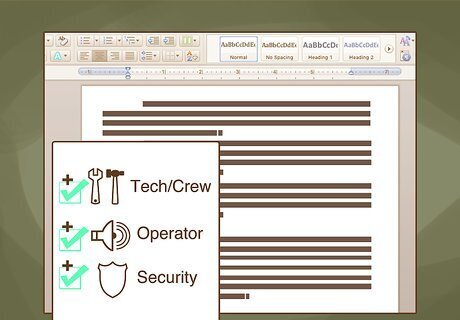
List any support services to be provided by the venue. Include any technicians or other crew the venue has on staff for the use of the artist, to avoid duplication. If any other assistance or personnel are available as needed, outline the request process. If the venue has employees to work the door or merch tables, state that in your performance agreement. You may want to include a provision requesting the artist supply technical specifications in advance of the show, if the lights and sound will be operated by venue employees. Support also may include assistants, security, or other personnel backstage.
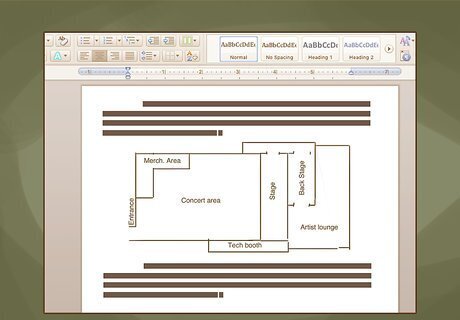
Describe the performance space. Provide dimensions for the stage or other area in which the artist will be performing, as well as any equipment that will be made available to the artist for their performance. If you don't have a separate stage, include the basic dimensions of the performance area and the distance between the performers and the first seats or tables for the audience. A basic run-down of the specifications for the light and sound equipment you have at the venue for the artist's use will help the artist plan ahead and know what they need to bring with them.
















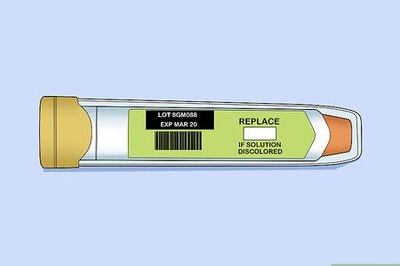



Comments
0 comment